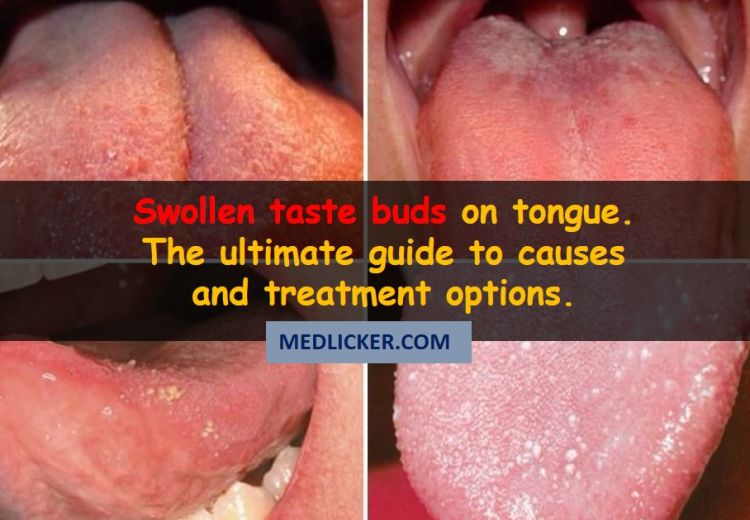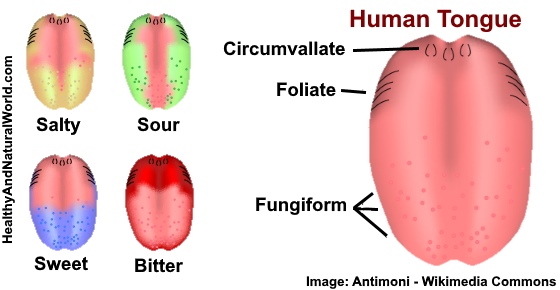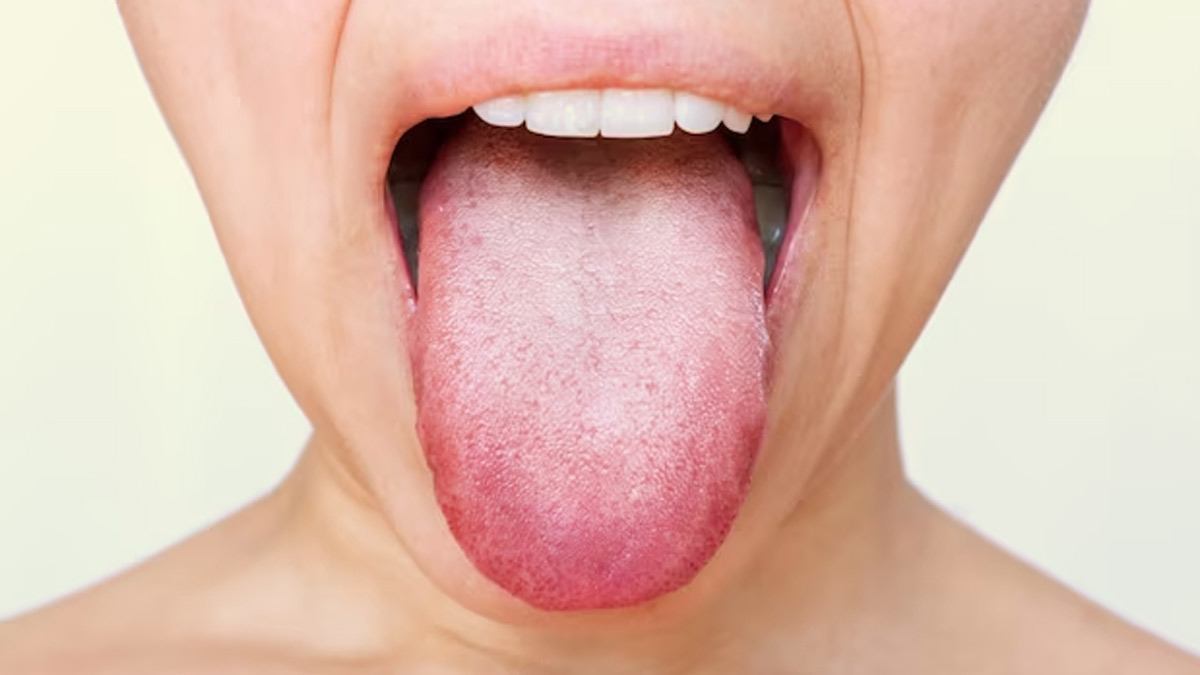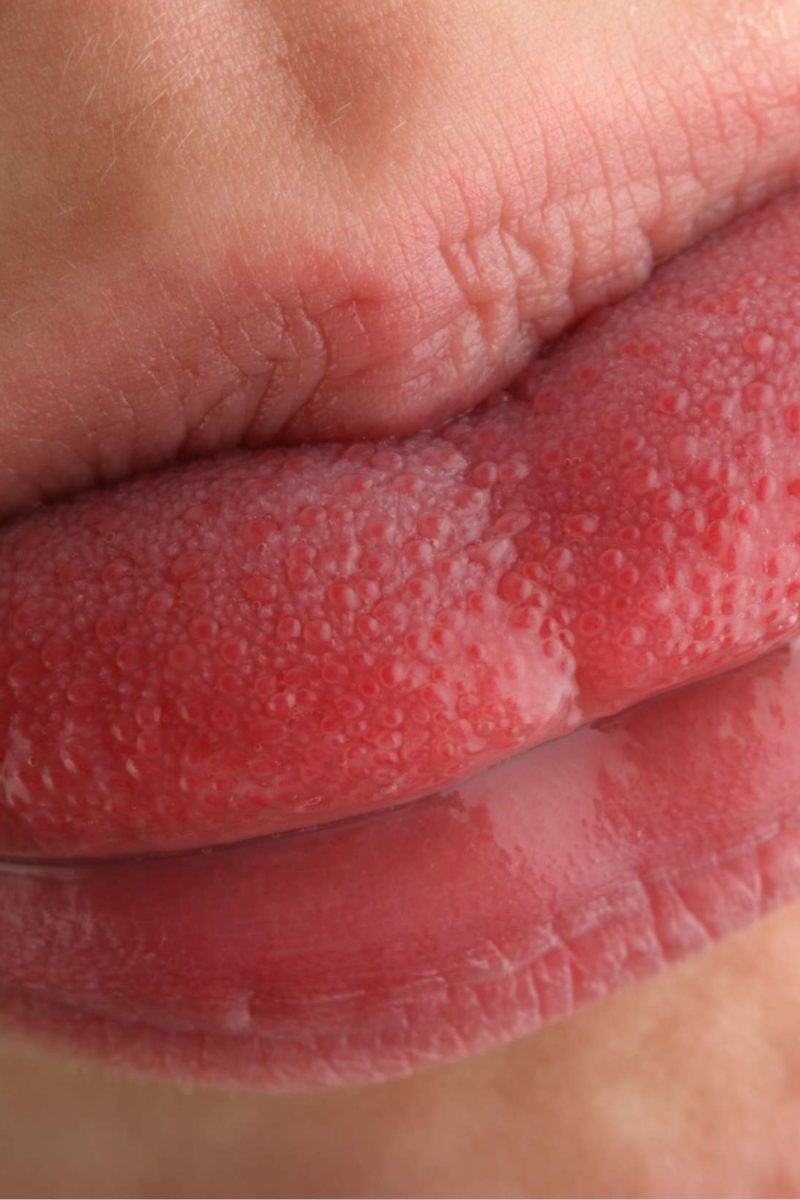How To Heal An Inflamed Taste Bud

Sudden pain and swelling on your tongue can disrupt eating and speaking. Understanding how to quickly soothe an inflamed taste bud is crucial for immediate relief and preventing further irritation.
An inflamed taste bud, while often minor, can cause significant discomfort. This article provides actionable steps to alleviate pain and promote healing, focusing on effective home remedies and when professional help is needed.
Immediate Relief Strategies
Saltwater Rinse: Gargle with warm saltwater (1/2 teaspoon salt in 8 ounces of water) for 30 seconds, 2-3 times a day. The salt helps reduce inflammation and kills bacteria.
Avoid Irritants: Steer clear of spicy, acidic, or hot foods and drinks. These can further irritate the inflamed taste bud and prolong healing.
Cold Compresses: Apply a cold compress or ice cube wrapped in a cloth to the affected area for a few minutes. This can help numb the pain and reduce swelling.
Dietary Adjustments for Healing
Bland Diet: Opt for soft, bland foods like yogurt, oatmeal, or mashed potatoes. These are gentle on the tongue and won't exacerbate the inflammation.
Stay Hydrated: Drink plenty of water to keep the mouth moist and promote healing. Avoid sugary drinks that can encourage bacterial growth.
Probiotic Intake: Consuming probiotics, either through food or supplements, can help balance oral bacteria. A healthy oral microbiome can aid in healing.
Oral Hygiene Practices
Gentle Brushing: Brush your teeth gently, avoiding direct contact with the inflamed taste bud. Use a soft-bristled toothbrush.
Avoid Harsh Mouthwashes: Steer clear of mouthwashes containing alcohol, as they can further irritate the affected area. Opt for a salt water rinse instead.
Floss Carefully: Floss gently around the area to remove any food particles that may be contributing to the inflammation. Avoid direct contact with the inflamed taste bud.
Topical Treatments
Over-the-Counter Oral Gels: Consider using an over-the-counter oral anesthetic gel containing benzocaine. Apply sparingly to the inflamed taste bud for temporary pain relief.
Honey Application: A small dab of honey can be applied to the inflamed taste bud. Honey possesses antibacterial and anti-inflammatory properties.
When to Seek Medical Attention
Persistent Inflammation: If the inflammation persists for more than a week despite home remedies, consult a doctor or dentist.
Severe Pain: Seek immediate medical attention if the pain is severe or accompanied by fever, difficulty swallowing, or signs of infection.
Unusual Lesions: Be wary of unusual lesions or bumps around the inflamed taste bud. This might indicate a more serious underlying condition.
Potential Causes and Prevention
Trauma: Accidental biting or scraping of the tongue can trigger inflammation. Be mindful while eating.
Infection: Bacterial, viral, or fungal infections can cause taste bud inflammation. Maintain good oral hygiene.
Acid Reflux: Stomach acid reflux can irritate the tongue and taste buds. Manage reflux symptoms with diet and medication, if necessary.
Stress: High stress levels can weaken the immune system and make you more susceptible to inflammation. Incorporate stress-reducing activities into your daily routine.
Expert Opinions
According to Dr. Anya Sharma, a leading oral surgeon, "Maintaining impeccable oral hygiene is paramount in preventing taste bud inflammation. Regular check-ups with your dentist can also help identify and address potential issues early."
Dr. Ben Carter, a renowned gastroenterologist states "Acid reflux can be a significant contributor to oral inflammation. Patients with frequent heartburn should seek appropriate medical management."
The American Dental Association (ADA) recommends brushing twice daily and flossing once daily. They also encourage regular dental check-ups to ensure optimal oral health.
Ongoing Management and Monitoring
Monitor the affected area closely for any changes in size, color, or pain level. Document your symptoms to share with your healthcare provider if needed.
Continue practicing good oral hygiene even after the inflammation subsides. This will help prevent future occurrences.
For recurring or chronic taste bud inflammation, consider undergoing allergy testing. Certain food allergies can manifest as oral inflammation.


















